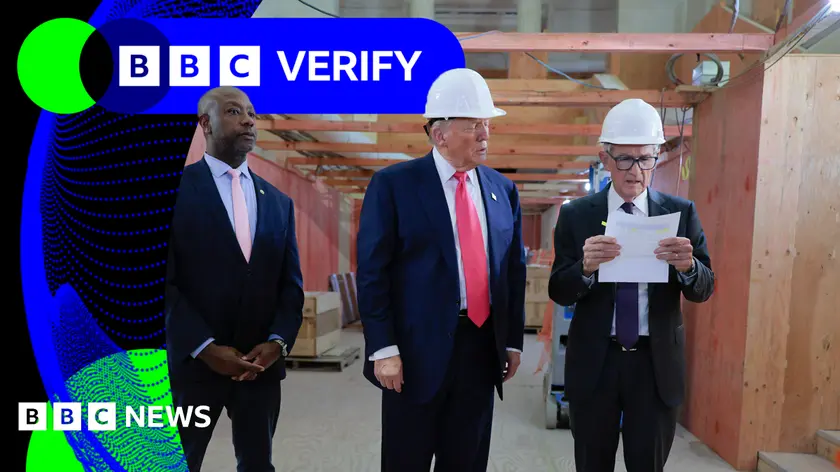T4K3.news
BBC Verify highlights verification practices
A reminder that BBC Verify checks claims behind stories and invites public input on potential investigations and AI or deepfake content.
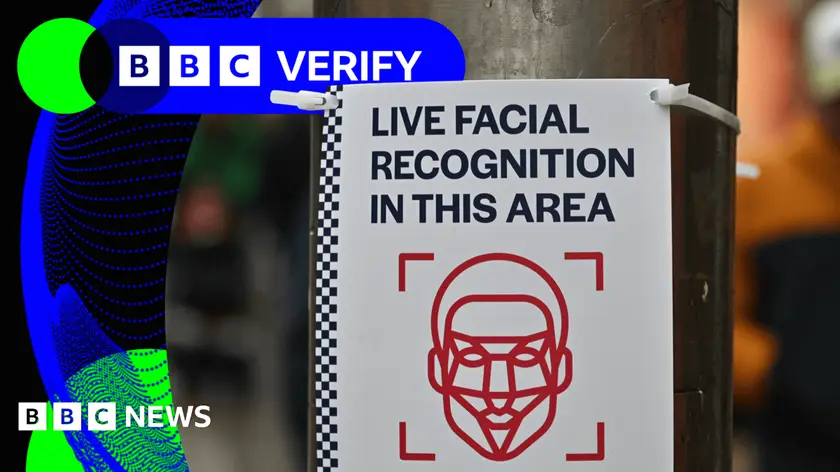
A critical look at how live facial recognition is used by UK police and how verified video reporting shapes public understanding of a Taiwan typhoon.
UK police facial recognition under scrutiny amid typhoon footage from Taiwan
BBC Verify is a unit that checks claims behind stories, including videos, political statements and images from conflicts. It explains its goal to determine what is true and invites the public to share claims to investigate or to flag potential AI or deepfake content.
The piece also notes two threads: first, the use of live facial recognition by UK police, and second, the importance of verification in an online world where video and images travel quickly. It emphasizes that careful fact checking helps prevent misinformed debates about security policy and natural disasters alike.
Key Takeaways
"We need clear rules on how live facial recognition is used in policing"
from a privacy advocate calling for oversight
"Verification is the backbone of credible reporting in a fast moving online world"
a BBC Verify editor explaining the process
"Transparency in checks will rebuild trust with the public"
from a security expert stressing accountability
The central issue is trust. Live facial recognition raises privacy and civil liberties questions, and there are concerns about bias and accuracy. Creating clear rules, setting oversight, and ensuring transparency are essential to avoid normalizing intrusive surveillance. Verification platforms like BBC Verify can be a shield against misinformation, but they also need independent standards and visible methods so the public can judge the checks for themselves.
There is a risk that tying police tech to vivid weather clips could confuse audiences or inflame debates about rights and responsibilities. Yet a culture of open, accountable verification can reduce harm by providing timely, trustworthy context to fast moving stories. The trend toward public participation in fact checking—through tips and examples—could become a lasting feature of credible journalism.
Highlights
- Verification is the new baseline for trust in a crowded feed
- Public tips turn readers into watchdogs
- Transparency in checks matters for public confidence
- Facts travel fast and checks travel faster
Surveillance and public reaction risks
The coverage touches on sensitive topics such as police surveillance and the spread of video claims. These areas can fuel political debate and public anxiety about privacy and civil liberties. The piece should handle these topics with care to avoid amplifying divisive rhetoric.
A future where verification is routine depends on clear standards and accountable practice.
Enjoyed this? Let your friends know!
Related News
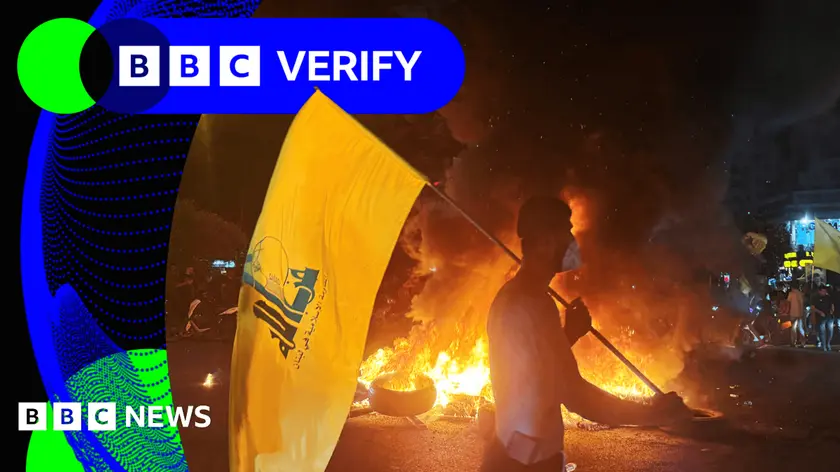
Beirut protests and Gaza control updates
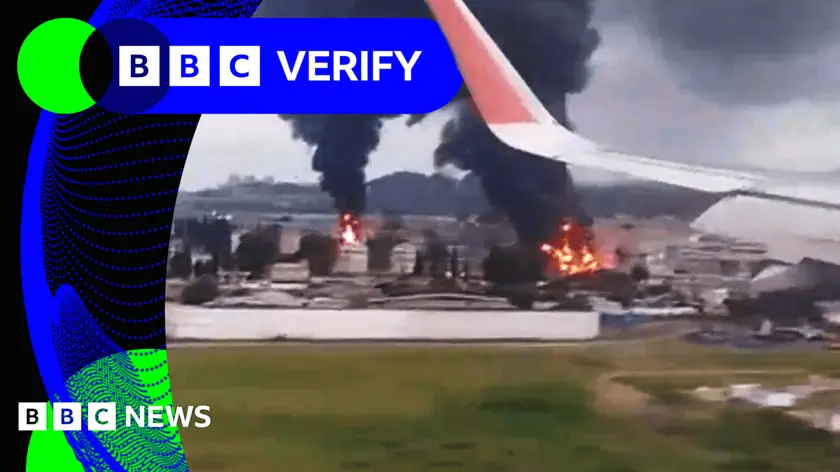
Ukraine strikes railway station in Russia
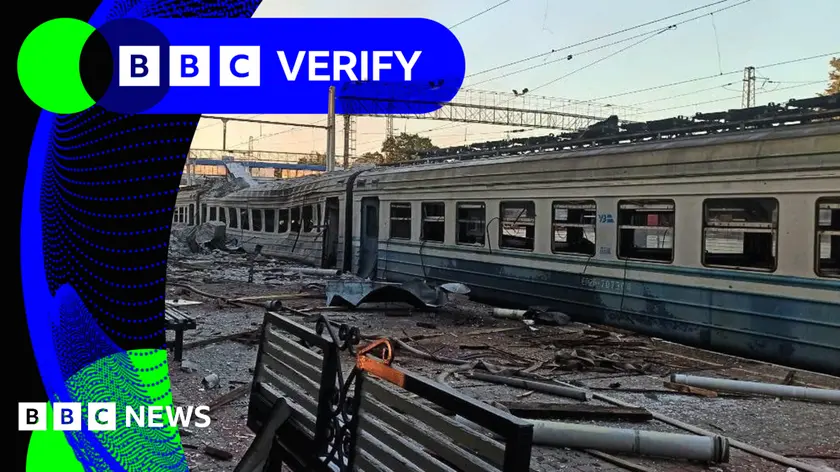
Verified video confirms flooding in Indian village

BBC Verify confirms Gaza journalist deaths
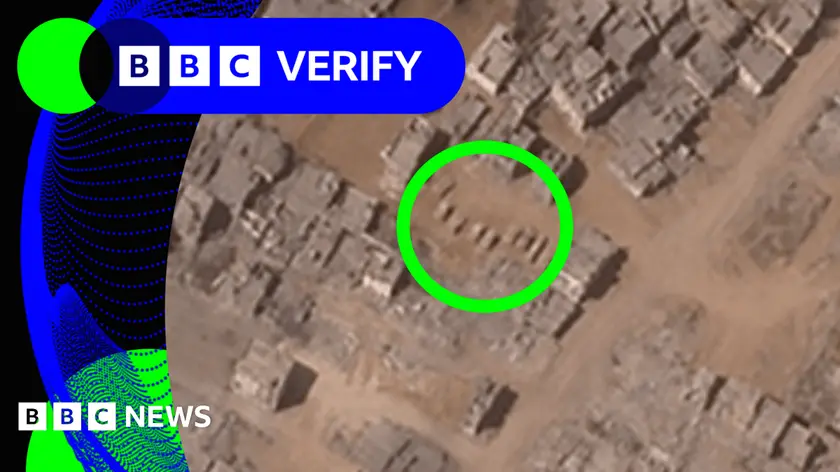
Verified drone strike seen near Odesa fuel facility
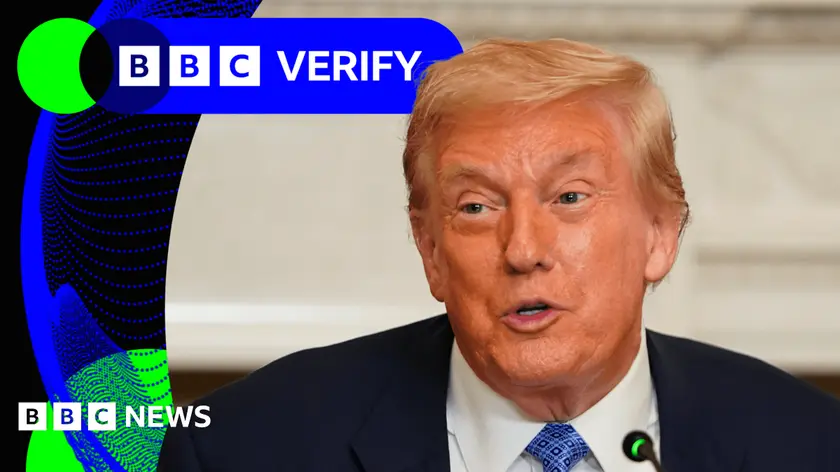
Drone strike video verified near Russian sapphire plant
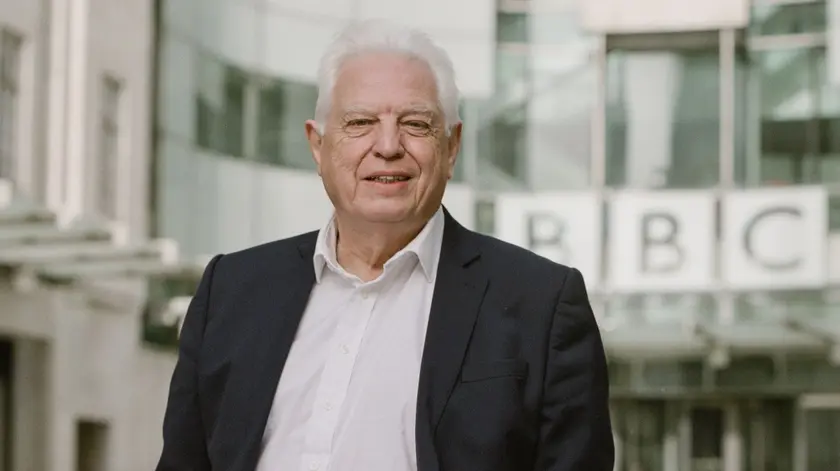
John Simpson faces criticism over debunked data
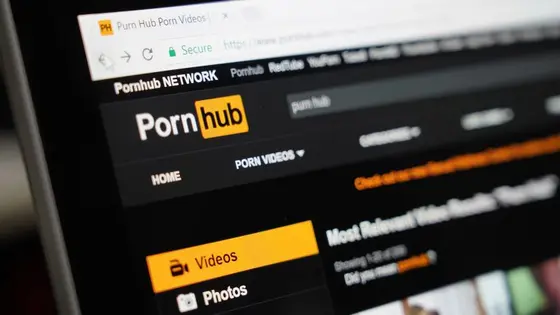
Supreme Court to review age verification laws affecting Pornhub access
